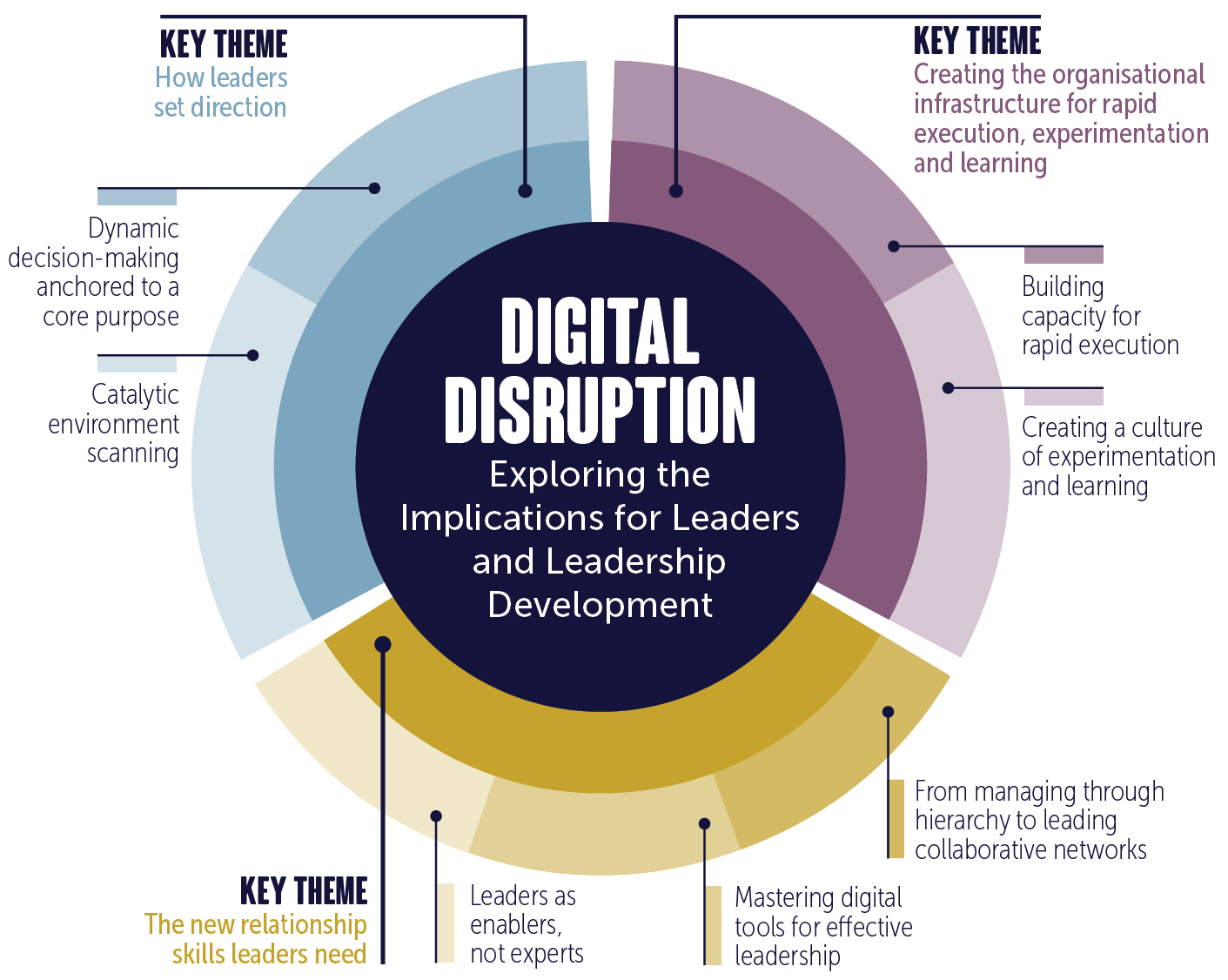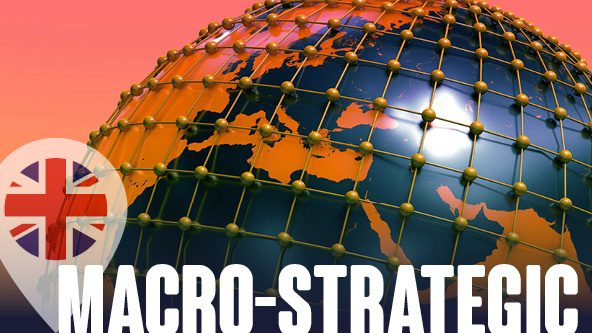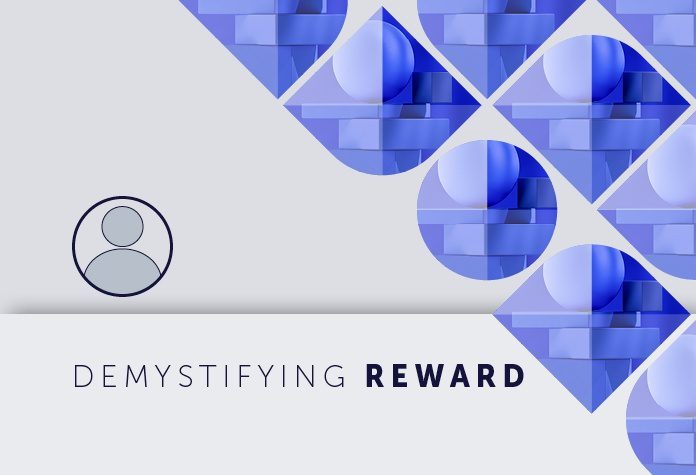Talent, Leadership and Learning
A New Paradigm for Post-Pandemic Leadership?
When CRF published our research exploring the leadership implications of digital disruption back in 2019, little did we know that we were about to go into the biggest pandemic in over a century, leading to possibly the greatest disruption the world has experienced in several generations. A key theme of the research, summarised in our Digital Disruption Leadership model (set out below) was that one of the biggest leadership challenges was to lead organisations through an era of unprecedented business complexity and change. This has intensified over the last two years, which have been among the most challenging for leaders who have had to embrace reinvention and restructuring on a mass scale while maintaining motivation in a hybrid work environment and attending to their own wellbeing.
Digital Disruption Leadership Model

Reflecting on the capabilities we found would be essential for successful leadership in the digital age, it’s striking how many of these have come to the fore in the pandemic:
- The ability for leaders to keep their organisation focused on a consistent vision while being highly adaptable in the short term.
- Scanning the environment to sense emerging patterns and respond and adapt at speed.
- Building agility into processes for decision-making and execution.
- Moving from managing through hierarchy to leading collaborative networks that cross internal silos and often reach beyond the boundaries of the organisation.
- Getting comfortable with using digital communications tools to build trust and engage and motivate teams.
- Creating a culture that enables experimentation and rapid learning from failure.
As we (hopefully!) emerge from the pandemic and settle into whatever the ‘new normal’ is, it’s a good time to take stock of how our perspectives on the critical capabilities of successful leaders have shifted during the pandemic and beyond. It’s also an opportunity to consider how we develop leaders and whether those approaches are fit for purpose in the post-pandemic era.
CRF’s latest research, Making a Paradigm Shift in Leadership Development, will explore these themes. We’ll focus on how leadership is evolving across three dimensions: how leaders set direction; the organisational infrastructure they need to build; and the new relationship skillsets required. Our hypothesis is that the following capabilities are becoming higher priority:
- Horizon scanning – foresight and vigilance to external trends and opportunities; outside-in thinking.
- Developing strategy in a highly uncertain environment.
- Developing organisation agility, flexibility and responsiveness.
- From a directive to a trust-based, coaching-oriented leadership style.
- Successfully leading hybrid and virtual teams.
- Creating inclusive, psychologically safe working environments.
- Increased focus on purpose and sustainability.
We will be testing these hypotheses with leaders, leadership practitioners and experts in the leadership field in our research. Join us at IMD Business School in Lausanne, Switzerland on 24-25 May where Professor Winter Nie will help us make sense of the new leadership challenges and what they mean for the ways we develop leaders.
UPCOMING CRF EVENT:




